
Junior Campus - Minimbah
The Paradox of Giftedness.
Giftedness is extraordinary, but that doesn't mean it's easy.
Continue Reading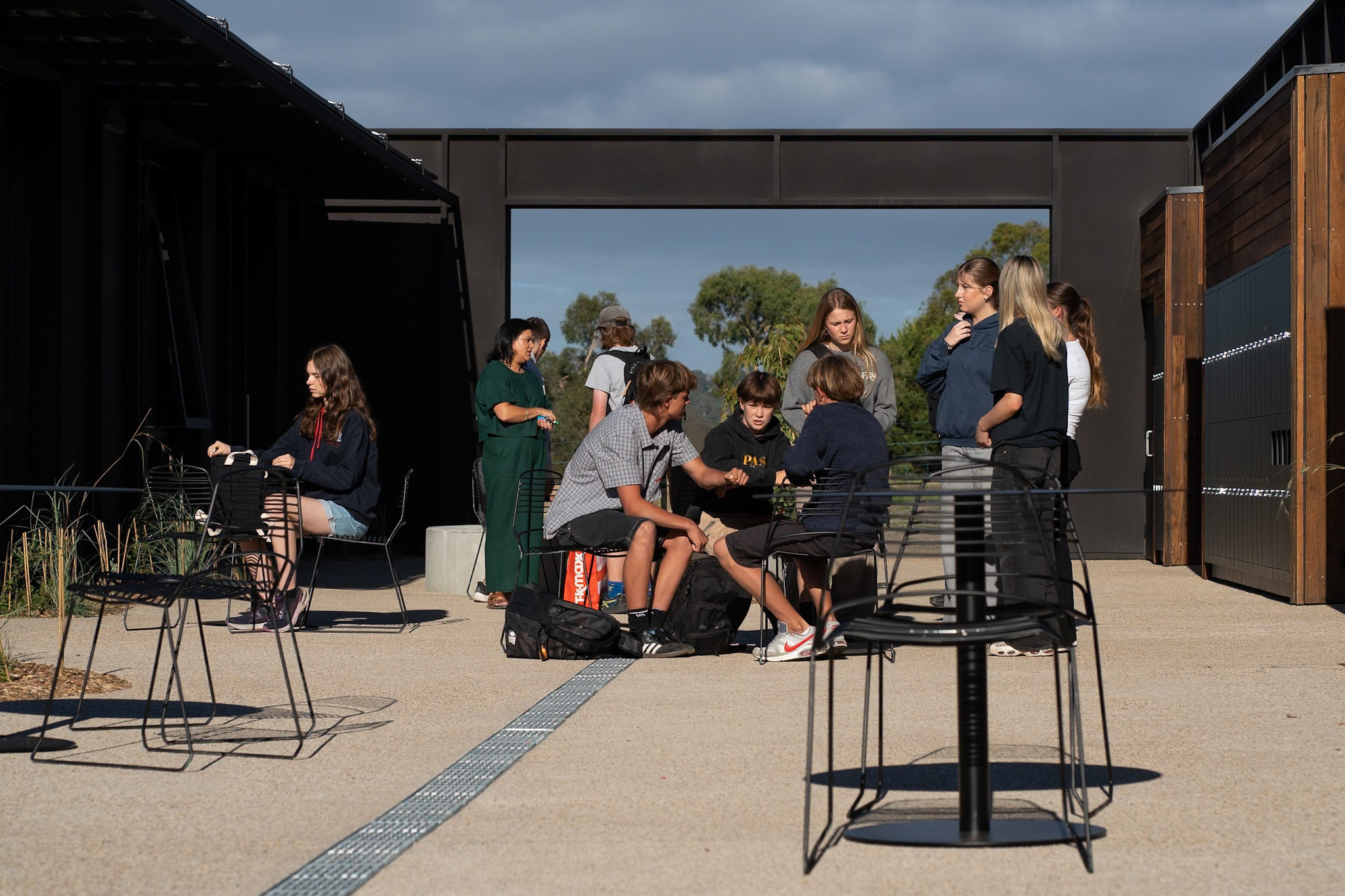
There is a gap between what traditional schooling provides and what society now needs. — Andreas Schleicher, Director of OECD Schools+ Network
Continue Reading
Giftedness is extraordinary, but that doesn't mean it's easy.
Continue Reading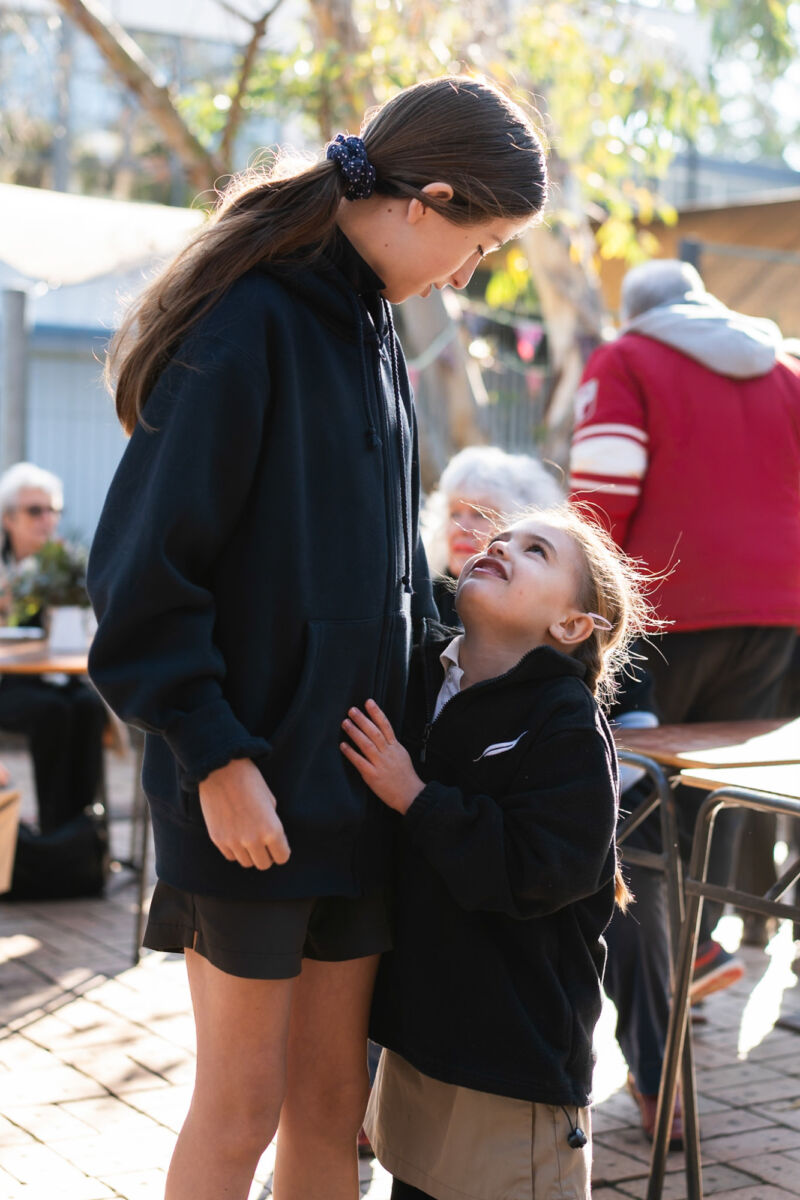
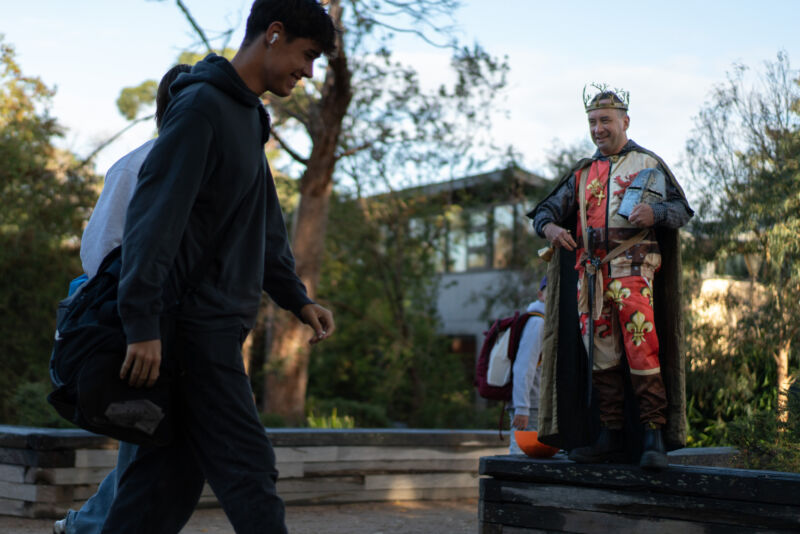
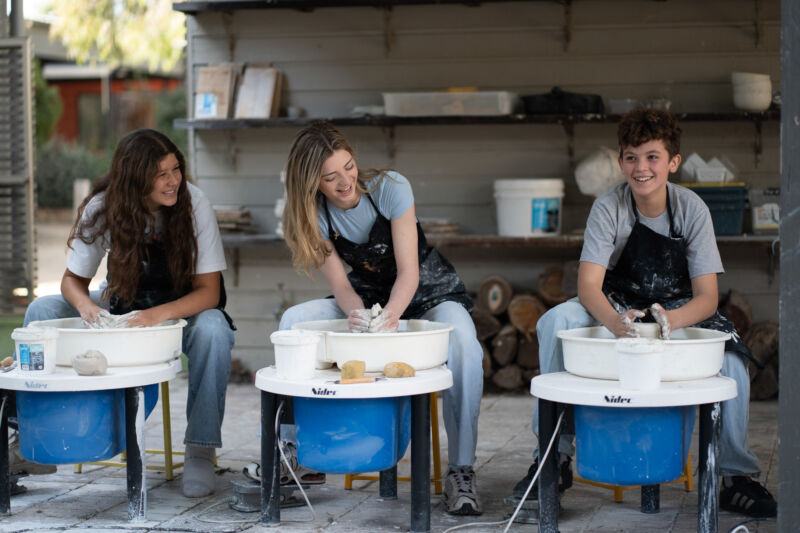
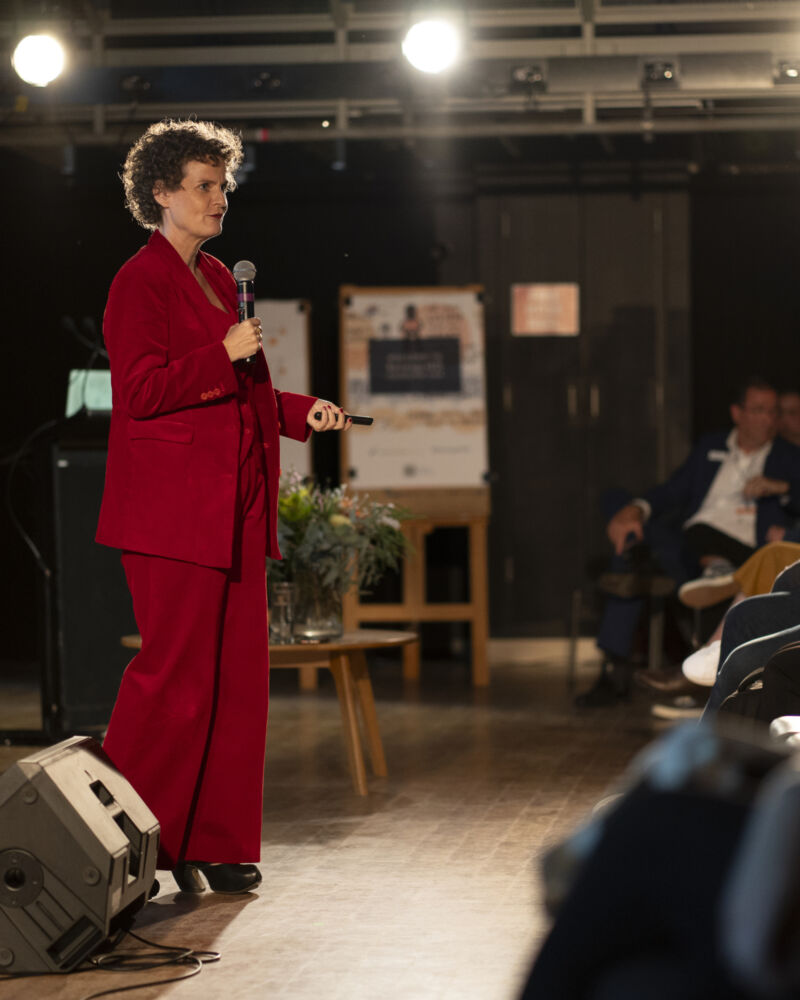
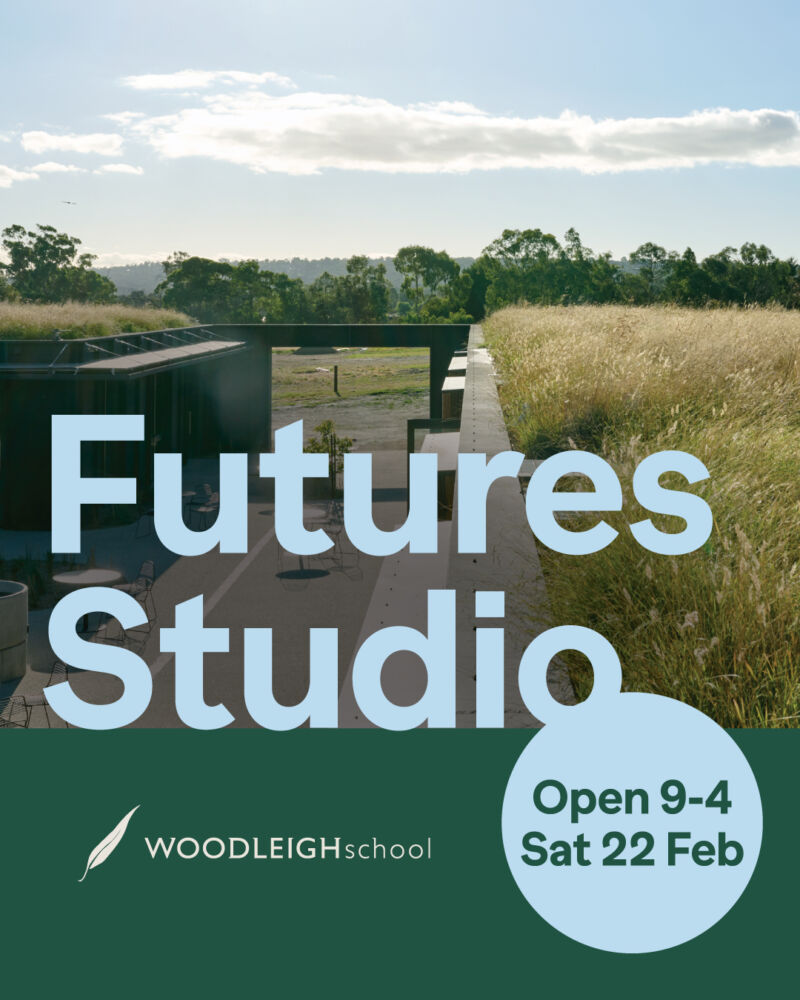
Join us on Saturday 22 February at Woodleigh School to tour the new Future's Studio. A facility that has been described as the most sustainable building in the world.
Continue Reading